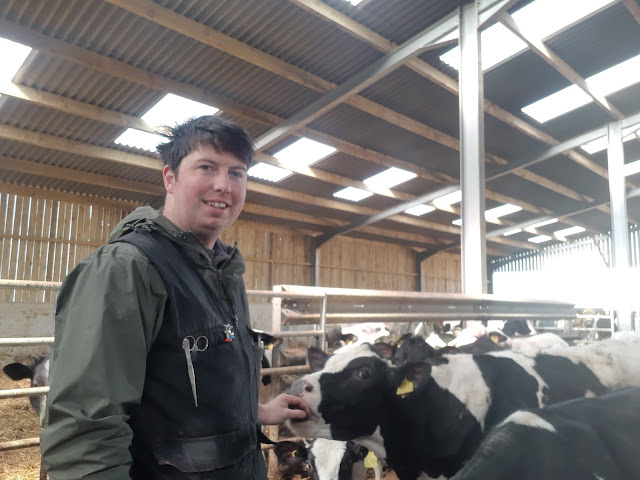We would like to thank all the public contributors who have helped shape the study so far.
Do you think Avian Influenza is an important topic for UK bird keepers and workers?
Would you like to help shape Avian Influenza research and policy in the UK?
We are always looking for new farmers and people who work with or own birds in the UK over the age of 18 to help improve the study further. No previous research experience necessary!
Public involvement can involve:
- Advising on study design
- Shaping the research questions to improve relevance
- Reviewing study material
- Telling people about the study
- Recruiting people for the study
- Attending study days
- Writing blogs or plain English summaries to ensure our research is accessible.
All public contributors are remunerated for their time inline with the NIHR guidelines on public involvement and engagement.
Public contributors so far have informed survey questions, study delivery and recruitment.
Please contact us for a no-obligation chat to see if you can help us with the future of Avian Influenza in the UK.
Contributor perspectives
Ross Symons is a beef farmer from Cornwall who has been co-developing the zooTB study also run by the University of Bristol. He has played a central role in guiding study design, documentation and recruitment. Here, he shares his experiences as a patient and public involvement (PPI) contributor to the zooTB study.
Getting involved in Zoonotic TB Research by Ross Symons
My name is Ross Symons and I’m a beef farmer on my family farm in Cornwall, as well as an artificial insemination (AI) technician for Cogent Breeding. I’m the fourth generation of my family farming, so have been around it all my life.

Activities I have been involved in on this study
As a public contributor, I’ve been involved in helping shape the research to make sure that it is relevant and as accessible as possible to the target audience.
There are many different ways to farm cattle and the range of people involved in farming them is very broad. Making sure that the study is open to as many people as possible will hopefully result in better information, as well as adding credibility to the study.
Because the study involves taking blood samples, we want to recruit participants on a fixed date for logistics. Knowing market days, agriculture show dates and Young Farmers Club meetings all helps the study in finding participants.
Why is PPI important?
Farmers are very knowledgeable about the farming industry and priorities within this sector. So it is important that new research makes sense, has a clear purpose and is created by people who are aware of the needs of the farming community.
I have really enjoyed working with the researchers on their project. Being able to see the work going on behind the scenes to deliver this research and how important it is to the wider community has been very interesting. It has really highlighted how several different areas of research can interlink with different industries.
My advice for anyone thinking about becoming a PPI contributor
To anyone thinking about getting involved in research I would say – do it! You may think that you have nothing to offer but that is sort of the point of PPI, and you might not know what your contributions are until you are at the meetings.
The researchers need the study to be applicable to a wide audience as this can help improve the validity of the findings. If you don’t understand something, then they’re potentially ignoring people who could take part.
Valid criticism is welcome, so don’t be afraid to say something if you feel there is a part of the study you don’t agree with. Everybody wants the study to work and part of that is highlighting the parts that don’t, so don’t be quiet if there is something you’re unsure about.
Being able to bridge the gap between scientific research and the real world is such an important part of any study. Being involved as a public contributor means that you are playing a key part in making the research successful.

